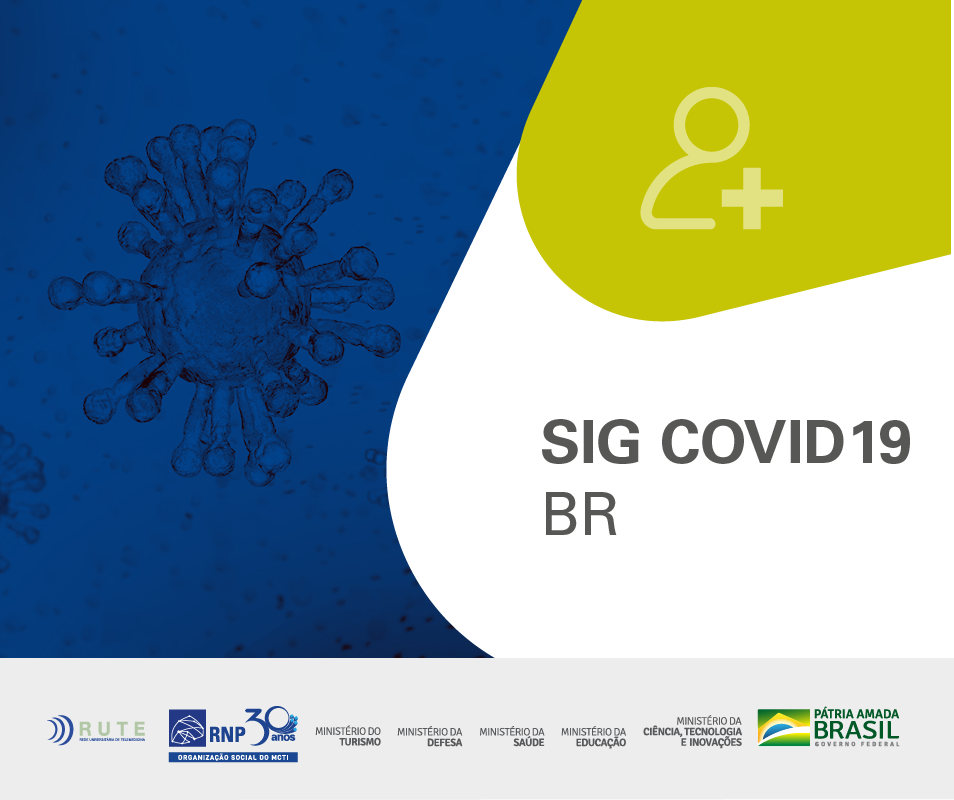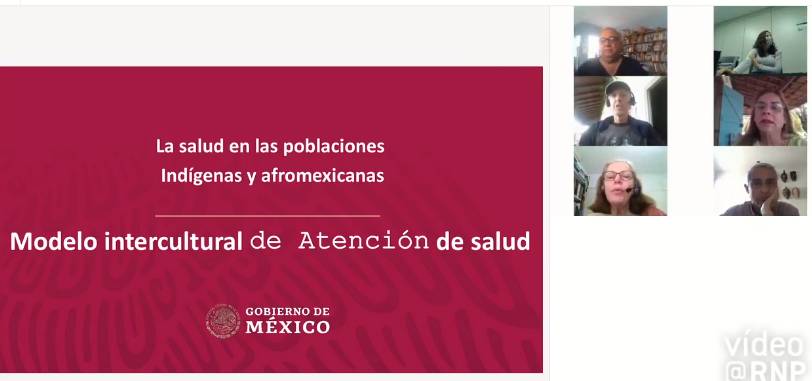Debate on indigenous health in times of pandemic gathersr experts from the Ministries of Health of Mexico, Brazil and SIG Indigenous Health
The Special Interest Group (SIG) COVID19 BR, from Telemedicine Universitary Network (RUTE), promoted, in partnership with Brazilian Association of Telemedicine and Telehealth (ABTms), an international session with Mexican experts, on 08/03, to approach a relevant subject, concern of both countries: “Indigenous people health on Covid-19 time”. The Director of Traditional Medicine and Intercultural Development of the Ministry of Health of Mexico, Dr. Jose Alejandro Almaguer González and the Coordinator of Indigenous Health Care Management of the Special Secretariat for Indigenous Health (Sesai/MS), Dr. Zaira Zambelli Taveira.
Also moderated the meeting the Mexican traditional medicine expert, Dr. Hernan Garcia, and coordinator professors of SIG Indigenous Health, Dr. Leonardo Frajhof Unirio and the coordinator of the Regional Center of Indigenous Telehealth of Instituto de Medicina Integral Prof. Fernando Figueira de Recife, Dr. Jeane Couto and the project manager of the Indigenous Telehealth project, Dr. Nubia Melo.
Dr. Jose Alejandro Almaguer González started the session with a presentation on the "Intercultural model of health care", implemented by the government of Mexico. He made a brief contextualization about the diversity of Mexican people, coming from three sources: original people (68 still alive), re-population (conquests, people who stayed in Mexico and so on) and globalization in a more recent manner. He also mentioned the holocaust of indigenous people caused since the "conquest of America" and how traditional medicine was used, for years only, commercially, exploring the knowledge of plants.
Next, the director of the Mexican Ministry of Health entered the context of the Covid-19 fight and the protection of indigenous peoples.
"The first warning that came to the Mexican national directors was that the indigenous communities were isolating themselves. We had to issue a national letter to health secretaries under my direction who would not prevent the use of their areas by them. This was dangerous, because they had their knowledge of how to do and explore their areas to protect themselves. And they had no other choice. We have 400,000 places with less than 500 inhabitants, where there is no hospital, no health center or even a doctor. There are midwives and healers there, who use their knowledge", explained Dr. González.
He also explained how groups of indigenous youth were formed who were trained to use oxygen concentrators and achieved extraordinary results in their communities with most severe cases.
Telehealth on indigenous health attention
In the second part of the session, Dr. Zaira Zambelli Taveira presented the actions of the Special Secretariat of Indigenous Health of the Ministry of Health (Sesai/MS) related to telehealth. She started her participation by exposing data regarding indigenous peoples, gathered in the last National Census of 2010: the country has 817 thousand indigenous (0.5% of the Brazilian population), divided into 305 ethnic groups.
Next, he presented the time line of the actions of attention to the health of the Indians in Brazil. In 1999, the Indigenous Health Care Subsystem (SASISUS) was created, which currently serves about 753 thousand Indians. In 2002, the Health Policy for indigenous people was created and, finally, in 2010, SESAI (Special Indigenous Health Department).
Within the scope of the Indigenous Health Telehealth Project, the general goal is to contribute to the better qualification of health teams that work in the indigenous communities, through the provision of tele-assistance services focused on telehealth and tele-education. Within a more specific context, the targets are the offer teleconsultancy in the areas of family and community health, child health, women's health, mental health; to offer training on second opinion; to offer distance learning courses, in line with the MH programs and with needs assessment with multi professional teams of indigeneous health.

